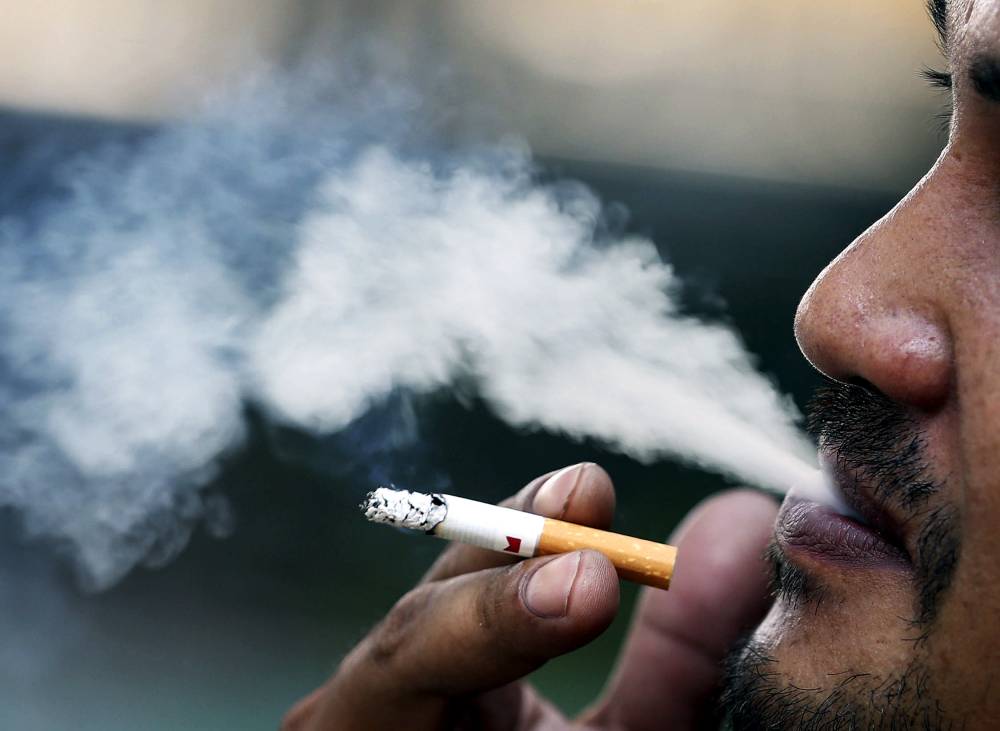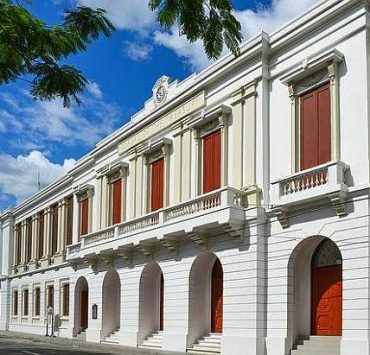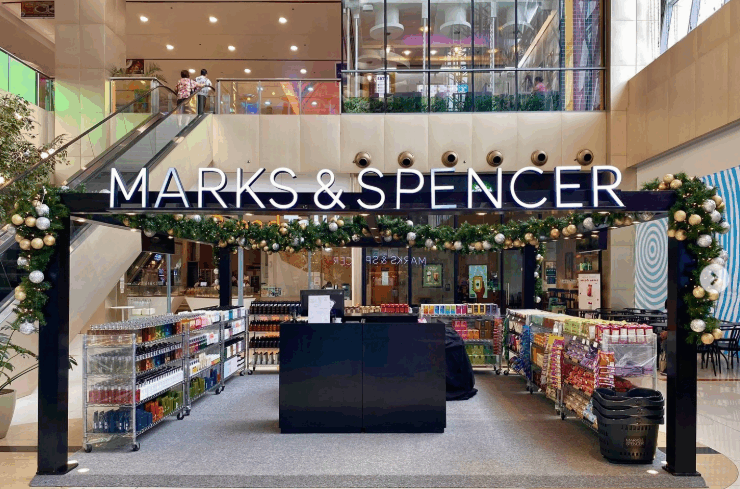Illicit cigarette trade hits high

The Illicit cigarette trade in the Philippines has hit a record high with one in every five cigarettes untaxed and unregulated, a local industry group said on Monday.
The Philippine Tobacco Institute (PTI) said in a statement that this surge in the illicit cigarette trade was having a serious adverse impact on small businesses and employment as legitimate retailers struggle to compete with cheaper products flooding the market.
“When legal retail goes down, that means the retailers will probably close shop,” PTI president Jericho Nograles said, describing the problem as approaching “irreversible levels.”
The trade group, whose members include local manufacturers Philip Morris Philippines Manufacturing, Inc. and JTI Philippines, Inc., said the government’s excise revenue from tobacco dropped to P134 billion in 2024 from P176 billion in 2021 due to this illicit trade.
Nograles said that the estimated P21 billion in lost revenue could have been allocated to the country’s health system, particularly to the Philippine Health Insurance Corp.
“This is not a problem at the fringes anymore. It is now the dominant market in many areas in the country, despite commendable efforts of the Bureaus of Customs and Internal Revenue,” he said.
Bureau of Internal Revenue (BIR) Assistant Commissioner Jethro Sabariaga warned that legitimate manufacturers were also being hurt by the illicit cigarette trade, especially from “illicit whites.”
“Illicit whites” are cigarettes produced by criminal groups and sold without paying proper duties, often outside their production jurisdictions.
Sabariaga said that the profit margins for these illicit products are high, not only because they evade taxes but also due to lower manufacturing costs.
He cited that a pack of illicit whites sells for around P40, compared to P120 for a legal pack, of which P60 is tax.
“They’re cheating not just on taxes but also on production expenses,” Sabriaga said.
To address the problem, he said that the BIR is enhancing information-sharing with other agencies, particularly amid reports that some local manufacturers declare exports but their products are diverted back into the domestic market as illicit whites.
The Bureau of Customs identified Malaysia and Indonesia as major entry points for illicit cigarettes being smuggled into the Philippines through its southern borders.
Meanwhile, advocacy group Bantay Konsyumer, Kalsada, Kuryente (BK3), framed the illicit cigarette trade as a “full-blown crisis” that is impacting young people today.
BK3 convenor Karry Sison said there was a significant increase in smoking rates, rising from 18.5 percent in 2021 to 23.2 percent in 2023, partly due to the widespread availability of cheap, likely illegal and unregulated products.





















